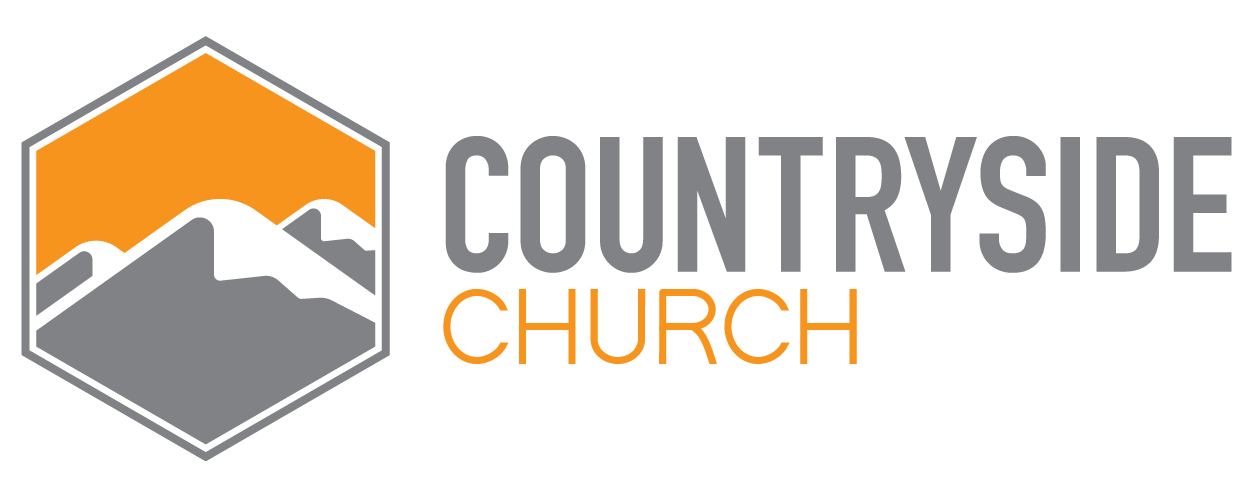Discussion Questions
1. What is your initial reaction to the word “sin”?
2. Do you think that our culture has an increasing dislike for the word sin? If so, why do you suppose this is?
3. Last week, we learned that God created us as royalty, gave us responsibility, and invites us into relationship. This week, we’re seeing how sin wrecks each of those categories:
-
Sin moves us from royalty to slavery.
-
Sin distorts our God-given responsibilities and spreads chaos instead.
-
Sin destroys relationships and causes us to be alone.
However, this is not all that sin does. What are some other consequences of sin?
4. What are some specific ways that sin makes us slaves?
5. We often think of sin as just a personal thing. The truth is, sin spreads. It corrupts systems, cultures, and institutions. In the early chapters of Genesis, one sin led to another, getting worse every time—until all of humanity was caught up in the chaos. Yet, we are often told that something is OK as long as it doesn’t hurt anyone else.
What’s wrong with this logic? In other words, how do even the most private sins threaten to affect those around us?
6. Recent research has shown that many people believe in a God who “exists, created the world, and defines our general moral order, but not one who is particularly personally involved in our affairs—especially affairs where we would prefer not to have God involved. Most of the time, the God of this faith keeps a safe distance.”
How does this view of God differ from the infinitely relational, covenant-making God we learned about last week?
7. If it is true that God is relational—and is therefore near, not far—then how might this change our view of even the most private sins?
8. The Bible says that we’ve all sinned (Romans 3:23). But what are some of the root causes of those sins? Read the following 3 passages out loud and discuss what they say are some dangerous sin-starters: Proverbs 16:18, 1 Timothy 6:10, and James 3:6.
9. Which of the causes of sin from the previous question tempts you the most?
10. Any discussion of sin must end with hope. God has provided the cure to sin in Jesus Christ, and as you’ll discuss next time, Jesus defeats sin in our lives. But for now, let’s take 3 things away this meeting:
Review the practices you experimented with this week. What did you do?
What surprised you the most about these practices?
What was the hardest part about these practices? For example: Was there a recurring distraction? Did you feel uncomfortable sitting still for a couple minutes? Were you discouraged that you didn’t meet God in a way you were expecting?
What do the difficulties and struggles with contemplative prayer reveal about our prayer lives?
How could you see contemplative prayer benefiting your everyday life?
What are some intentional things you can do to help you with your contemplative prayers next time?
FIRST, let’s carry a sense of sorrow for our sin. Remember, sin infects everything: it makes us slaves, spreads chaos, and causes us to be alone.
SECOND, let’s remember the cure: Jesus Christ. Through Jesus, sin has lost its power. We’ll learn more about that next meeting.
FINALLY, perhaps this prayer could be something you use this week:
Most merciful God, we confess that we have sinned against you in thought, word, and deed, by what we have done, and by what we have left undone. We have not loved you with our whole heart; we have not loved our neighbors as ourselves. We are truly sorry and we humbly repent. For the sake of your Son Jesus Christ, have mercy on us and forgive us; that we may delight in your will, and walk in your ways, to the glory of your Name. Amen.
And each time you pray this prayer of repentance, remember the truth of 1 John 1:9, “But if we confess our sins to him, he is faithful and just to forgive us our sins and to cleanse us from all wickedness.”
Assignment
Read the Introduction to Lectio Divina. Pick one of the recommended scriptures to practice Lectio with this week. Also, watch the video, Redemption, in preparation for the next meeting.
The Discipleship Pathway is a collaborative work between Pastors Phil Wiseman & Megan Koch of Table Church and Pastor Jake Thurston of The Ransom Church.
